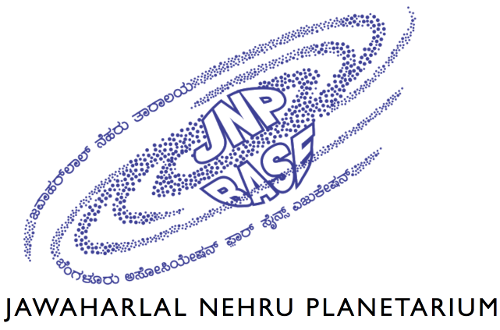
![]() Kaapi with Kuriosity is a monthly public lecture series organised by the International Centre for Theoretical Sciences (ICTS-TIFR), in collaboration with the Jawaharlal Nehru Planetarium and other educational institutions in Bengaluru.
Kaapi with Kuriosity is a monthly public lecture series organised by the International Centre for Theoretical Sciences (ICTS-TIFR), in collaboration with the Jawaharlal Nehru Planetarium and other educational institutions in Bengaluru.
The aim of the talks in this series is to stimulate the curiosity of the public towards the myriad aspects of science. The setting for these talks will be informal with a lot of scope for open discussions. The scientific background assumed will not be beyond the school level. As such, they are easily accessible to school/college students, families and working professionals interested in science.
Contact: outreach @ icts . res . in
Register to get updates on all ICTS outreach activities
Give us feedback on this program











